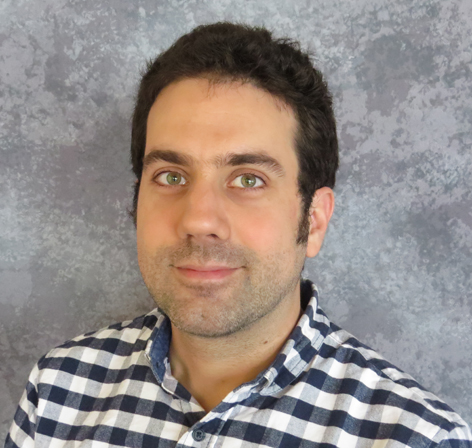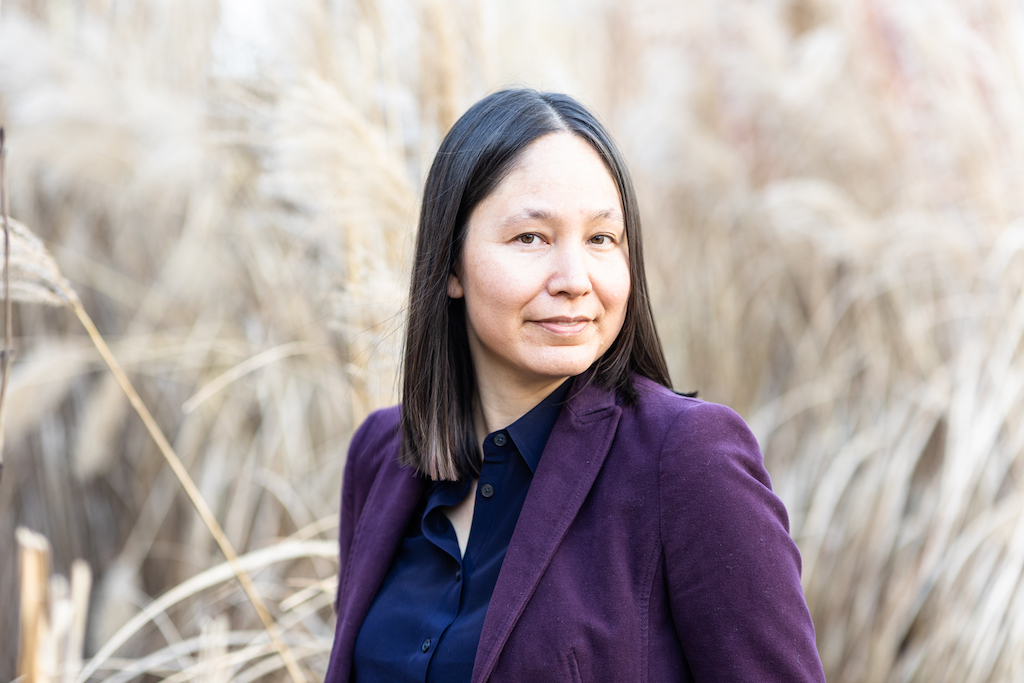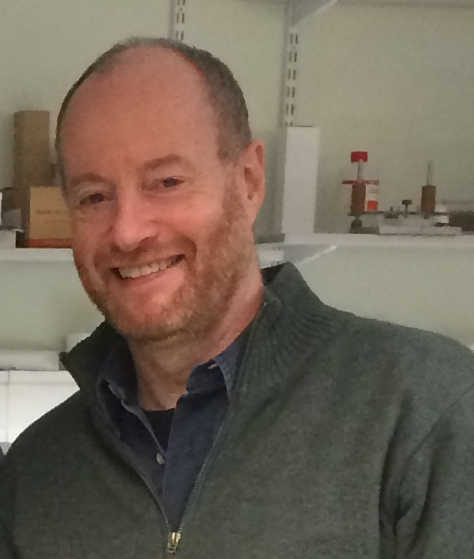Pier-Emmanuel Tremblay
Pier is a Professor in the Astronomy and Astrophysics Group and European Research Council (ERC) Consolidator Grant fellow.
Cosmo-chronology in our neighbourhood of stars and planets
The volume of space within 300 light years from the Sun, a small portion of our own galaxy the Milky Way, contains the brightest specimens of almost all types of stars and planets, but surprisingly it remains poorly explored. The main reason is that most stellar objects in a fixed space volume are small and very faint, most of them being long-lived red stars about 10% of the mass of the Sun, dead stars named "white dwarfs" and rocky Earth-like exoplanets. The spacecraft Gaia from the European Space Agency has provided, for the first time in 2018, a near complete census of stars and white dwarfs within 300 light years, but a full understanding of the local stellar population is still a major challenge. My group at the University of Warwick is leading an ambitious project to improve our knowledge of stellar and planetary evolution using the local space volume. Our novel approach is based on follow-up multi-object spectroscopic observations and state-of-the-art stellar modelling from three-dimensional fluid hydrodynamics. The goal is to unlock the enormous potential of using local stars as cosmic clocks to trace the local stellar and planet formation history for our galaxy. I will discuss the recently discovered signature of old rocky planets that were formed when the Milky Way was still a very young galaxy (10% of the current age of the Universe), in a metal-poor environment that was quite different to when our solar system was formed.
James Poskett
James is an Associate Professor in the History of Science and Technology at the University of Warwick. His research engages broadly with the global history of science and technology, from 1750 to the present day.
The Global Origins of Modern Science
Where did modern science come from? Until recently, most historians agreed that the origins of modern science could be located in Europe, sometime between 1500 and 1700. In this talk, based on the latest scholarship, I present a very different account. Beginning in the fifteenth century and moving right through to the present, I make the case for the global origins of modern science, exploring the ways in which Africa, America, Asia and the Pacific fit into the story. The history of modern science, I argue, needs to be understood as part of a history of global cultural exchange. In making this argument, I uncover the forgotten contributions of scientists from around the world, whilst also making the ethical, political, and intellectual case a critical engagement with the legacies of the history in the world of science today.
Alice Mah
Alice Mah is a Professor of Sociology and Head of the Department, with research interests in environmental justice, corporate power, toxic pollution, and the politics of green industrial transformations.
Towards an Alternative Planetary Petrochemical Politics
The global petrochemical industry is under intensifying pressure to transform, as a major polluter at the nexus of the plastics, climate, and toxic pollution crises. This talk reflects on findings from an in-depth, multi-site sociological study of the petrochemical industry, with research spanning high-level industry meetings, petrochemical plant tours, and polluted fenceline communities in the US, China, and Europe. Drawing inspiration from debates on critical environmental justice, Gramscian political economy, just transitions, and degrowth, it will explore “multiscalar activism,” an emerging form of collective resistance that makes connections between social and environmental justice issues across diverse movements, sites, and scales of political struggle. Multiscalar activism against the hegemonic power of the global oil, petrochemical, and plastics complex has the capacity to raise the public visibility of local campaigns, but it can also pose political risks of state repression and enduring toxic injustice. Will escalating resistance ever be sufficient to halt the course of damaging petrochemical proliferation? To address this question, this talk will outline some possible critical interventions towards an alternative planetary petrochemical politics.
Nick Dale
Nick Dale holds the prestigious title of Ted Pridgeon Professor in Neuroscience at the School of Life Sciences. Not only is he an exceptional academic, but he also possesses remarkable talent as a violinist. We were delighted to have the opportunity to feature his incredible skills as a violinist during our Ingutal InReach10x Dual Major event. Nick was our speaker for the event and treated us to a magnificent 30-minute violin recital.
“CO2 -not just a waste product”
CO2 is commonly regarded as the inevitable by-product of cellular metabolism. The thesis of my talk is that although CO2 is a waste product, it also conveys in functional information in physiological systems. I will give an account of our discovery that ion channels called connexins are directly sensitive to CO2. I will discuss the mechanism of CO2 binding and channel opening and show high resolution cryoEM structure. I will show that one of these CO2-sensitive connexins is important in the regulation of breathing. I will discuss our latest results showing that there are many more connexins that are directly sensitive to CO2 than we first thought. CO2 sensitive connexins are present in all the major organs of the body suggesting that CO2 acts to signal information in many diverse contexts, and I will discuss an exciting emerging role for CO2-mediated signalling in the maintenance of myelin. I will finish with our investigations of the receptors that insects use to sense CO2 and our efforts to create novel tools from these receptors to measure CO2 production in real time in physiological systems.
Sir Vince Cable
The Rt Hon Sir Vince Cable has recently retired from parliament after 20 years as MP for Twickenham during which time he served in the Coalition cabinet as Secretary of `State for Business Innovation and Skills (2010-15) and Leader of the Liberal Democrats (20017-19).
Vince read Natural Science and Economics at Cambridge University followed by a PhD at Glasgow University. He has an honorary doctorate at Kingston University.
From 1966-68 he was a Treasury Finance Officer for the Kenya Government (ODI Fellow). After lecturing economics at Glasgow he worked for the Foreign and Commonwealth Office as 1st secretary in the Diplomatic Service. He was then Deputy Director of the Overseas Development Institute including a period as Special Advisor to.the Secretary of State, John Smith. Fro 1983 to 1990 he was Special Advisor on Economic Affairs to the Commonwealth Secretary-General, Sir Sonny Ramphal.
In 1990 he joined the Shell scenario planning team and became Shell’s Chief Economist. He spent a period as Head of the Economics Programme at Chatham House.
Vince served as a Labour councillor in Glasgow before joining the SDP-Liberal Alliance and the Liberal Democrats. He was elected to parliament in Twickenham in 1997 30 years after he first contested a parliamentary seat and at the fifth attempt.
Sir Vince gave a talk titled 'China, India and The New International Order (and Disorder)'
Link opens in a new w




